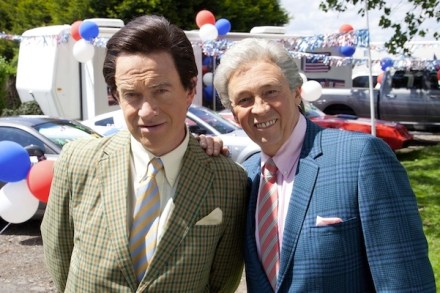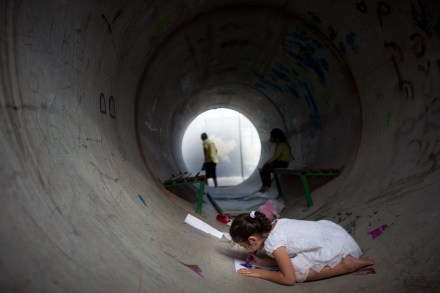Top of their game
God, I’m jealous of Michael Gove. Not for being a cabinet minister in the same coalition as Nick Clegg and Vince Cable, obviously, but for being outed as a queer in the new series of Harry & Paul (BBC2, Sunday). Now that’s what I call fame. Harry & Paul has had mixed reviews. Some of the sketches — the ‘I’m a cop’ one; the US car salesmen — simply aren’t funny. But so what? Even at its best The Fast Show, arguably the funniest-ever broken-sketch comedy series, contained some sketches that weren’t funny. It goes with the territory. Unfunny sketches are the equivalent of the ‘darlings’ that William Faulkner advised




















